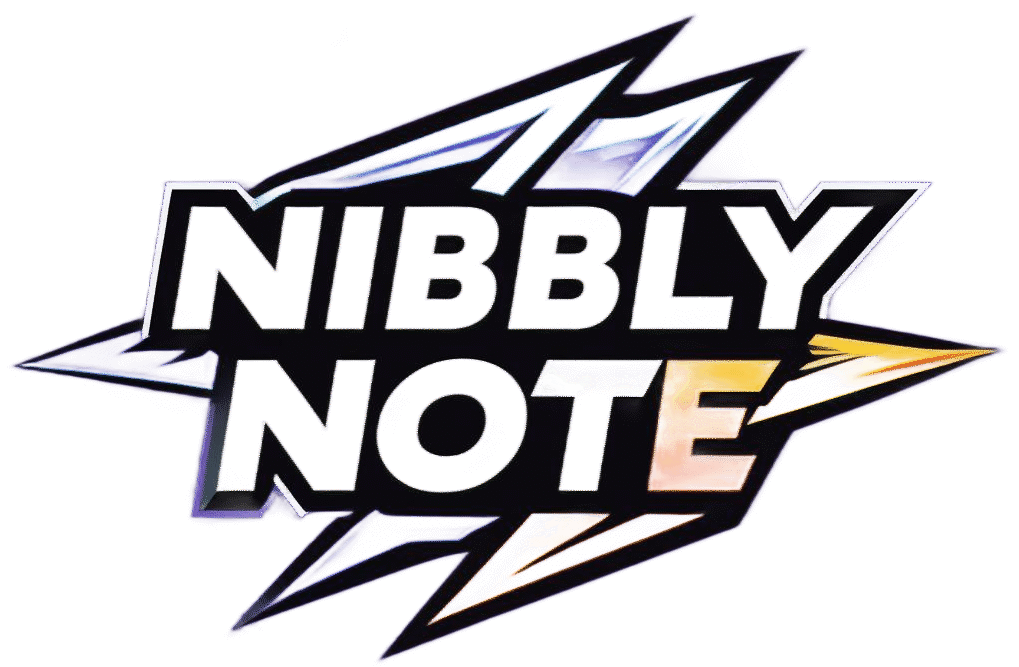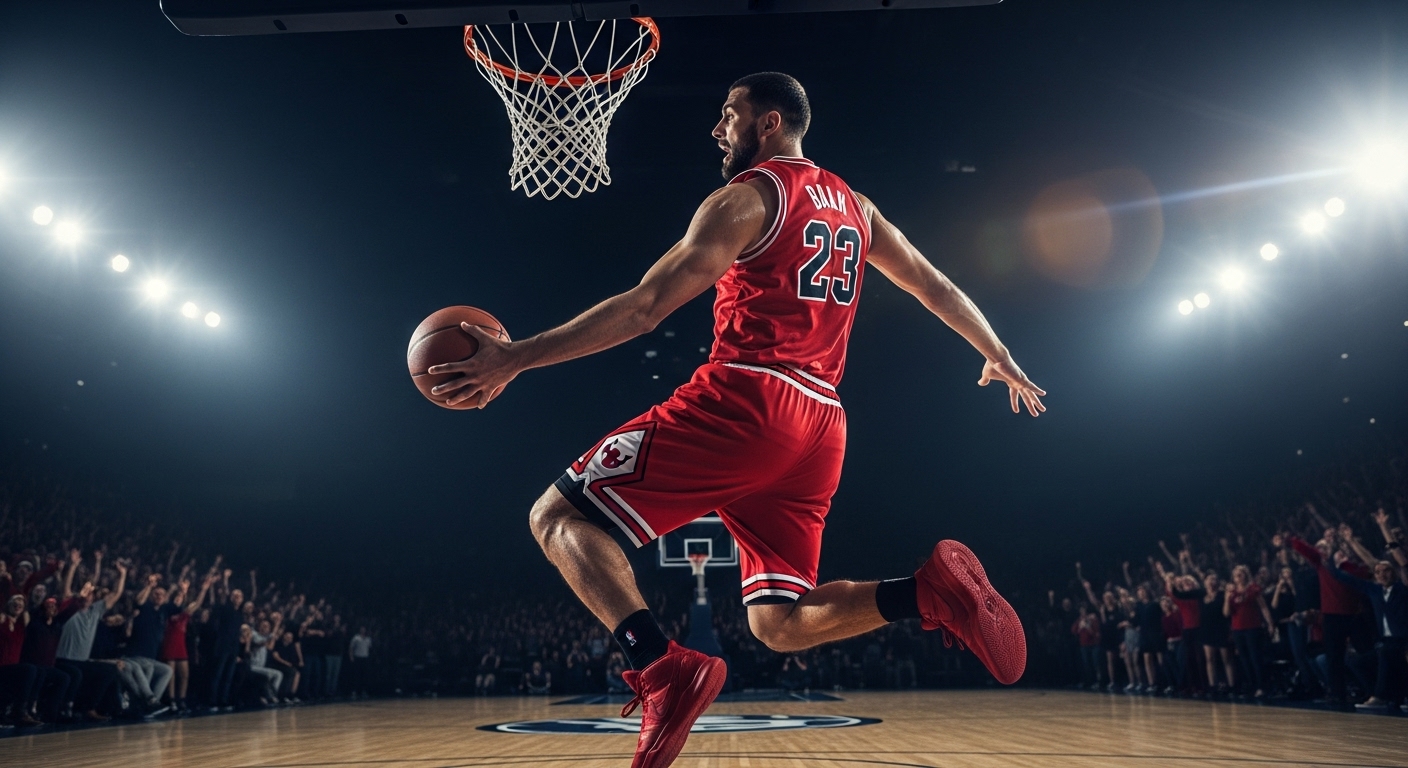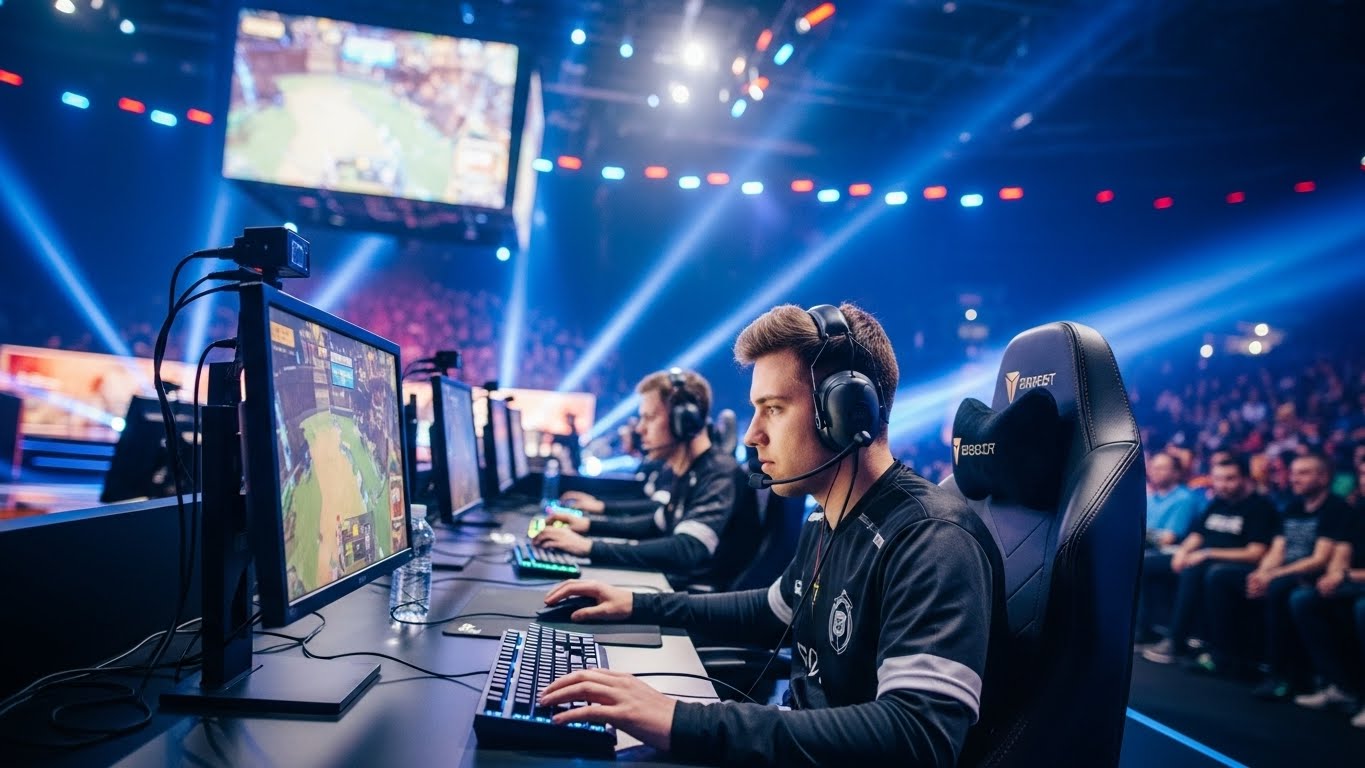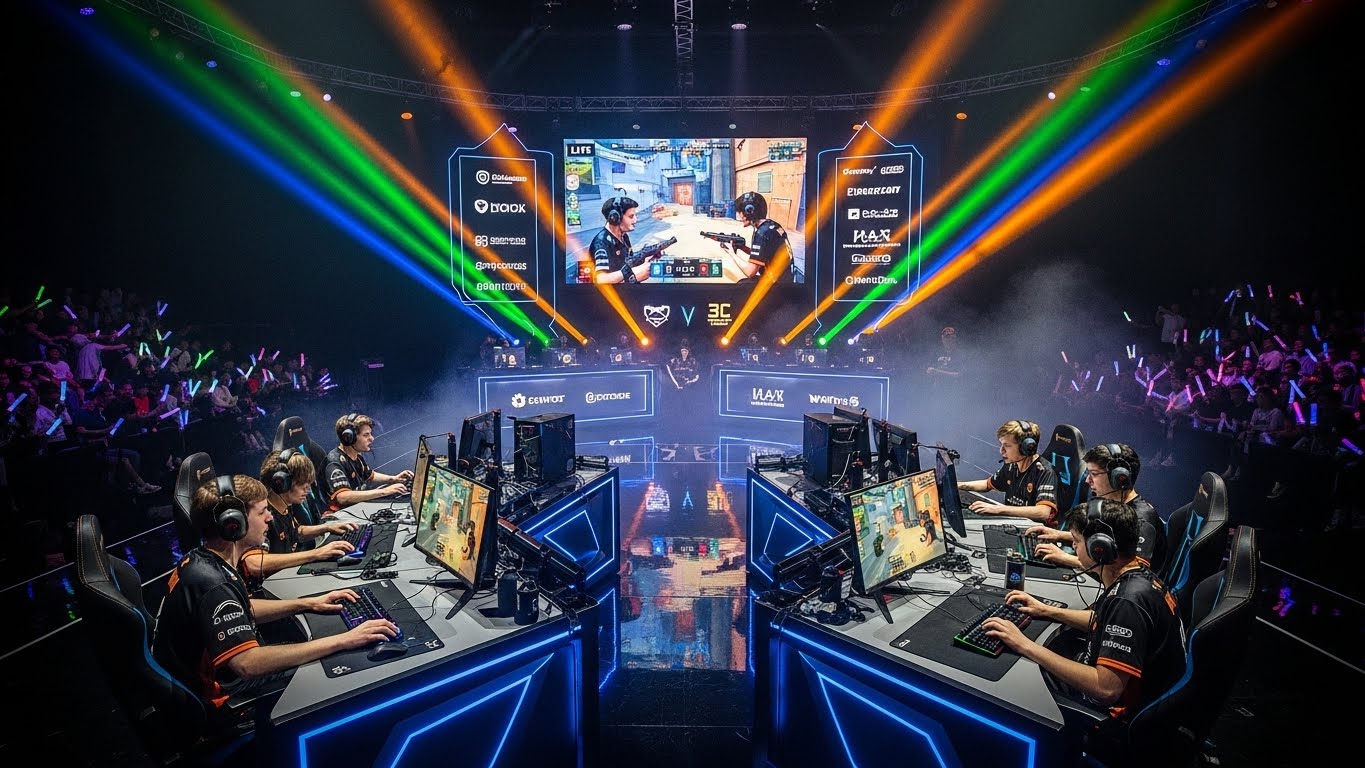In the competitive world of gaming and esports, physical fitness and mental sharpness are just as vital as strategy and skill. Many gamers spend hours in front of their screens, immersed in fast-paced, high-stakes environments that demand precision, focus, and endurance. But to maintain peak performance, nutrition plays a crucial role. The right diet fuels the brain, stabilizes energy levels, and supports long-term health — all essential for sustained gaming success.
Gone are the days when gaming was associated with junk food and energy drinks. Today’s top players, from casual gamers to professional esports athletes, understand that what they eat directly affects how they perform. A well-balanced nutrition plan can enhance reaction time, boost concentration, reduce fatigue, and even improve mood during long gaming sessions. Let’s explore the best nutrition plans for gamers that can help elevate performance and maintain overall well-being.
The Importance of Nutrition in Gaming
Gaming is both a mental and physical challenge. Fast reflexes, sharp decision-making, and emotional stability are all vital for consistent gameplay. Poor nutrition, on the other hand, can lead to sluggish thinking, low energy, and irritability—all of which can drastically reduce performance.
Proper nutrition helps gamers by:
- Maintaining steady energy levels: Preventing energy crashes caused by sugar-heavy snacks and drinks.
- Improving focus and reaction time: Nutrients like omega-3 fatty acids and antioxidants support brain health.
- Supporting eye and joint health: Crucial for gamers who spend long hours in front of screens.
- Boosting mental endurance: Balanced meals prevent fatigue during extended gaming sessions.
- Improving sleep quality: Healthy food choices reduce restlessness and promote recovery.
A thoughtful nutrition plan isn’t about restriction—it’s about fueling your mind and body with what they need to perform at their best.
Common Nutrition Mistakes Gamers Make
Before diving into what to eat, it’s important to understand the most common pitfalls gamers face when it comes to diet:
- Overconsumption of Caffeine: Many gamers rely on energy drinks or coffee for quick boosts, but too much caffeine can lead to dehydration, jitters, and poor sleep.
- Skipping Meals: It’s easy to forget to eat during long gaming sessions, which leads to low blood sugar and poor focus.
- High Sugar Intake: Sugary snacks or sodas cause short-term energy spikes followed by sharp crashes.
- Lack of Hydration: Dehydration is common among gamers and can reduce reaction time and concentration.
- Excessive Junk Food: Fast food and processed snacks are convenient but provide little nutritional value and can increase fatigue.
Recognizing these habits is the first step toward building a nutrition plan that enhances performance rather than hinders it.
The Foundation of a Gamer’s Nutrition Plan
A gamer’s nutrition plan should focus on three primary goals: consistent energy, mental clarity, and physical health. This means including a balance of macronutrients—carbohydrates, proteins, and fats—along with micronutrients like vitamins, minerals, and antioxidants.
1. Complex Carbohydrates for Sustainable Energy
Carbohydrates are the body’s main source of energy, but not all carbs are equal. Simple sugars cause rapid spikes in blood sugar followed by energy crashes, while complex carbs release energy gradually.
Best sources include:
- Whole grains (brown rice, oats, quinoa)
- Sweet potatoes
- Whole-grain bread and pasta
- Legumes like lentils and beans
- Fruits such as bananas, apples, and berries
Consuming complex carbohydrates ensures gamers maintain steady energy levels through long matches or training sessions.
2. Protein for Focus and Recovery
Protein supports brain function, muscle repair, and overall stamina. For gamers, it helps maintain alertness and prevents fatigue during long hours of play.
Great sources of protein:
- Lean meats (chicken, turkey, fish)
- Eggs
- Greek yogurt
- Tofu and tempeh
- Beans and lentils
- Protein-rich snacks like nuts or cottage cheese
A balanced meal containing protein every few hours keeps both body and mind functioning optimally.
3. Healthy Fats for Brain Power
Fats are essential for cognitive performance and hormone balance. Omega-3 fatty acids, in particular, support brain health and memory—critical aspects for gamers who need lightning-fast reflexes and decision-making skills.
Best sources of healthy fats:
- Salmon, mackerel, sardines
- Avocados
- Olive oil
- Walnuts and almonds
- Flaxseeds and chia seeds
Incorporating these fats into daily meals can enhance concentration and long-term brain performance.
4. Hydration for Endurance and Alertness
Dehydration can quietly sabotage performance. Even mild dehydration can lead to headaches, slower reaction times, and lack of focus. Gamers often underestimate their water needs because they don’t sweat as visibly as athletes in physical sports.
Tips for staying hydrated:
- Keep a water bottle nearby at all times.
- Aim for 2–3 liters of water daily.
- Include electrolyte-rich drinks if gaming sessions last several hours.
- Avoid excessive soda or energy drinks that dehydrate the body.
5. Vitamins and Minerals for Brain Health
Micronutrients play a key role in brain function, energy metabolism, and mood regulation. Gamers should ensure they get enough vitamins and minerals from whole foods or supplements if needed.
Key nutrients include:
- Vitamin B Complex: Supports focus and energy metabolism.
- Vitamin D: Enhances mood and immunity.
- Magnesium: Reduces fatigue and muscle tension.
- Iron: Helps oxygen delivery to the brain.
- Zinc and Selenium: Support immune function and cognition.
- Antioxidants (Vitamin C, E): Protect brain cells from oxidative stress.
Eating a variety of colorful fruits and vegetables ensures adequate intake of these vital nutrients.
Sample Daily Nutrition Plan for Gamers
Here’s an example of a balanced daily plan that supports gaming performance and overall well-being.
Breakfast: Fuel for the Day
- Oatmeal with banana slices and a sprinkle of chia seeds
- A boiled egg or Greek yogurt for protein
- Green tea or a glass of water
This breakfast provides complex carbs for steady energy, protein for focus, and healthy fats for brain function.
Mid-Morning Snack:
- A handful of almonds or walnuts
- A piece of fruit like an apple or orange
Nuts and fruits maintain blood sugar levels and prevent mid-morning fatigue.
Lunch: Sustained Performance
- Grilled chicken or tofu wrap with whole-grain tortilla
- Side salad with olive oil dressing
- Brown rice or quinoa for long-lasting energy
This meal provides a balance of lean protein, fiber, and healthy fats to sustain performance through the afternoon.
Afternoon Snack:
- Carrot or celery sticks with hummus
- A cup of herbal tea or water
Snacks like these prevent energy dips and provide vitamins and minerals that enhance alertness.
Dinner: Recovery and Rest
- Baked salmon or lentil stew
- Steamed vegetables such as broccoli, spinach, or zucchini
- Sweet potato or whole-grain pasta
This meal offers omega-3s, antioxidants, and complex carbs—ideal for evening recovery and brain health.
Evening Snack (Optional):
- Greek yogurt with honey or a small protein shake
If gaming late into the night, a light snack keeps energy stable without overloading the digestive system.
Foods to Avoid for Gamers
While occasional indulgence is fine, certain foods can harm gaming performance if consumed regularly:
- Sugary snacks and sodas: Cause rapid energy crashes.
- Fast food: High in unhealthy fats and sodium, leading to sluggishness.
- Highly processed foods: Lack essential nutrients for mental clarity.
- Energy drinks: Can cause heart palpitations, dehydration, and anxiety.
- Alcohol: Reduces coordination, focus, and sleep quality.
Choosing healthier alternatives ensures sustained performance without negative side effects.
The Role of Timing and Portion Control
When you eat is almost as important as what you eat. Long gaming sessions can cause irregular eating patterns, which lead to energy imbalances.
Tips for optimal meal timing:
- Eat small, balanced meals every 3–4 hours.
- Avoid heavy meals right before intense gaming sessions—they can cause sluggishness.
- Include light, nutritious snacks during breaks to maintain focus.
- Avoid caffeine late at night to protect sleep quality.
Portion control is also key. Overeating can make gamers feel tired, while undereating reduces concentration. Finding the right balance keeps both body and mind energized.
Supplements for Gamers (Optional)
While food should always be the primary source of nutrients, certain supplements can enhance performance when used wisely:
- Omega-3 fish oil: Improves cognitive function.
- B vitamins: Support mental energy and focus.
- Magnesium: Helps with muscle relaxation and stress reduction.
- L-theanine with caffeine: Provides focused energy without jitters.
- Multivitamin: Ensures all essential nutrients are covered.
However, it’s important to consult a healthcare professional before starting any supplement routine.
The Connection Between Nutrition and Mental Health
Gaming is a mental sport, and mental health is a key component of performance. Poor diet can lead to mood swings, anxiety, or depression, all of which negatively affect gameplay. Conversely, a nutrient-rich diet supports emotional balance, motivation, and confidence.
Foods rich in omega-3 fatty acids, magnesium, and B vitamins have been shown to improve mood and reduce stress—factors that directly impact a gamer’s ability to stay calm under pressure.
Building a Long-Term Healthy Lifestyle
Adopting a solid nutrition plan is not just about winning games—it’s about building a sustainable lifestyle. Pairing proper nutrition with adequate sleep, exercise, and mental breaks ensures that gaming remains enjoyable and healthy.
Even small adjustments—like swapping chips for nuts, drinking water instead of soda, or eating regular meals—can dramatically improve gaming performance and overall well-being.
Conclusion
Nutrition is one of the most overlooked yet powerful aspects of gaming performance. The best gamers in the world understand that their minds are only as sharp as the fuel they provide their bodies. By choosing balanced meals rich in complex carbohydrates, lean proteins, healthy fats, and essential vitamins, gamers can unlock their full potential.
The right nutrition plan not only enhances focus, reflexes, and endurance but also supports long-term health. Whether you’re a professional esports competitor or a passionate casual gamer, fueling your body wisely is the ultimate cheat code for success. Healthy eating doesn’t just make you a better gamer—it makes you a better version of yourself.



